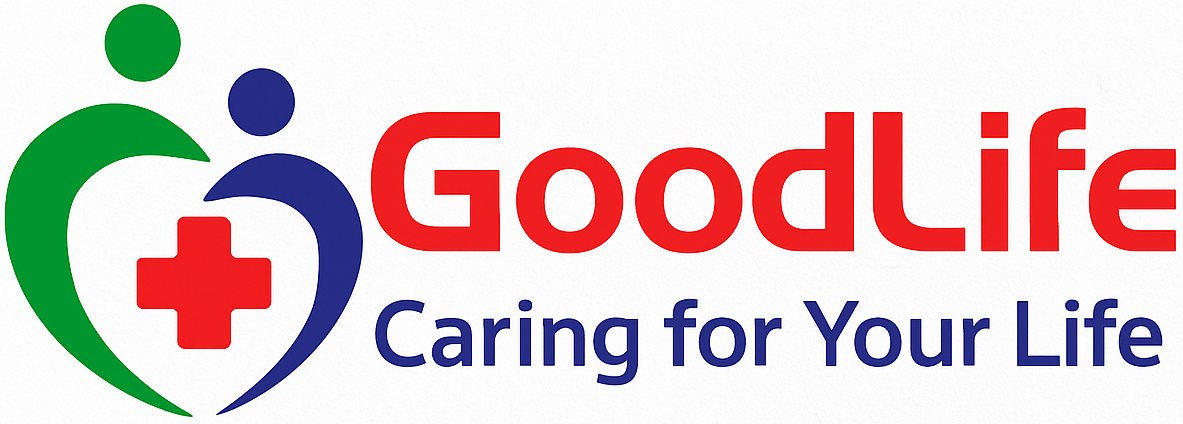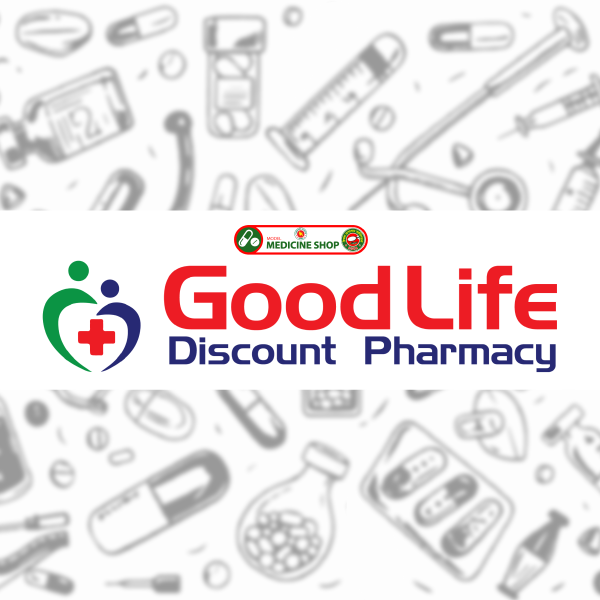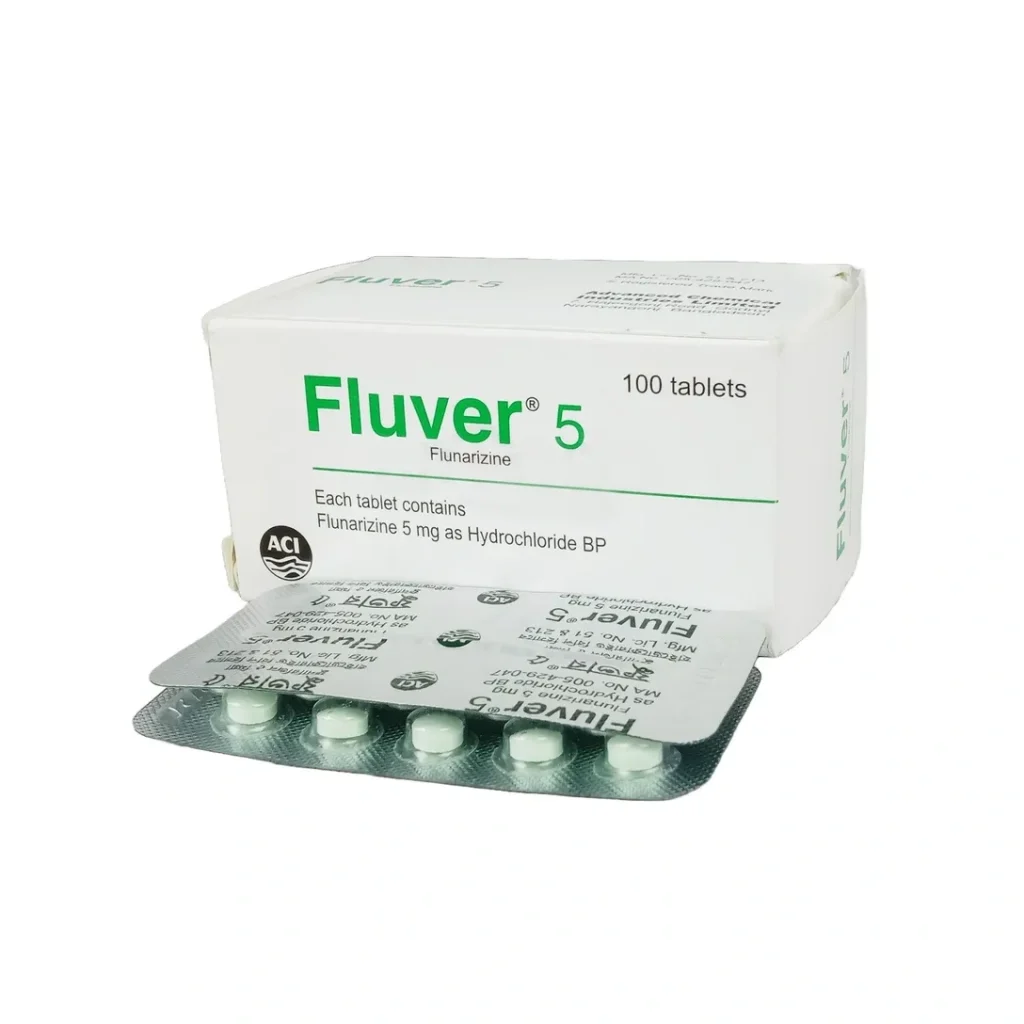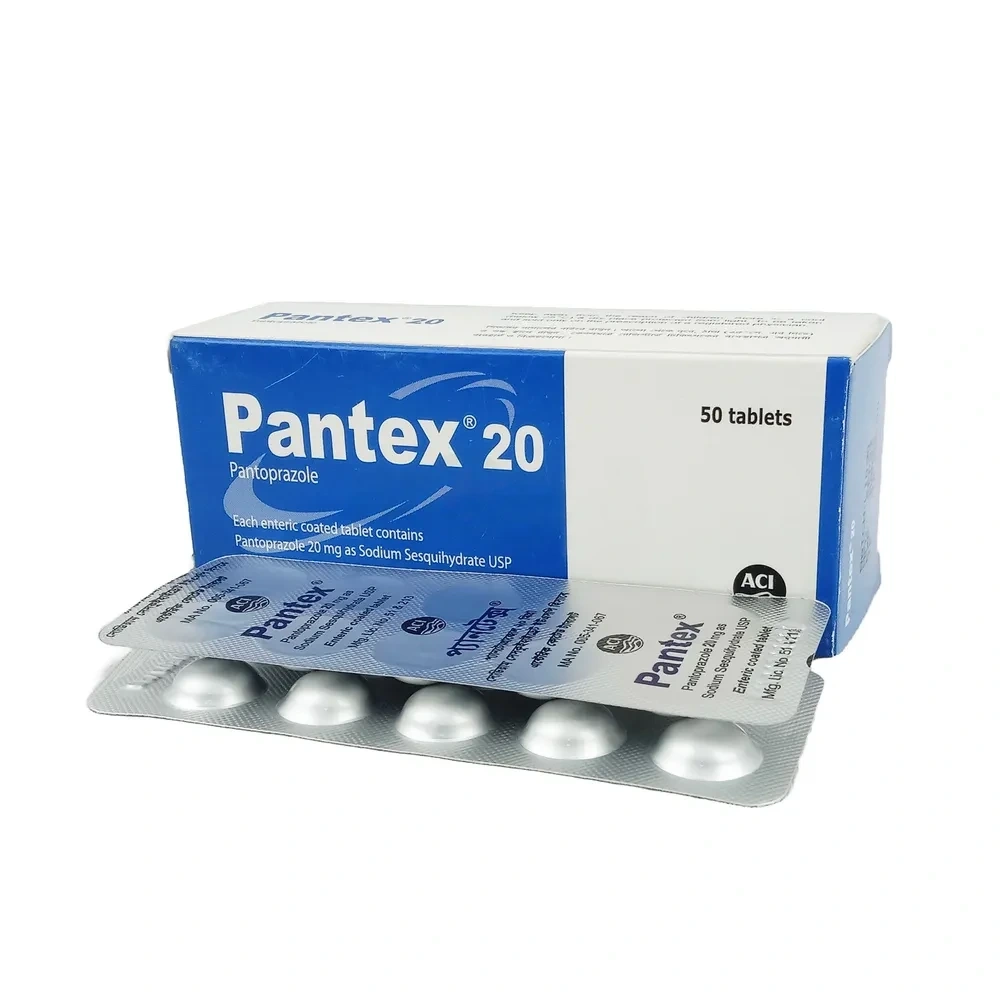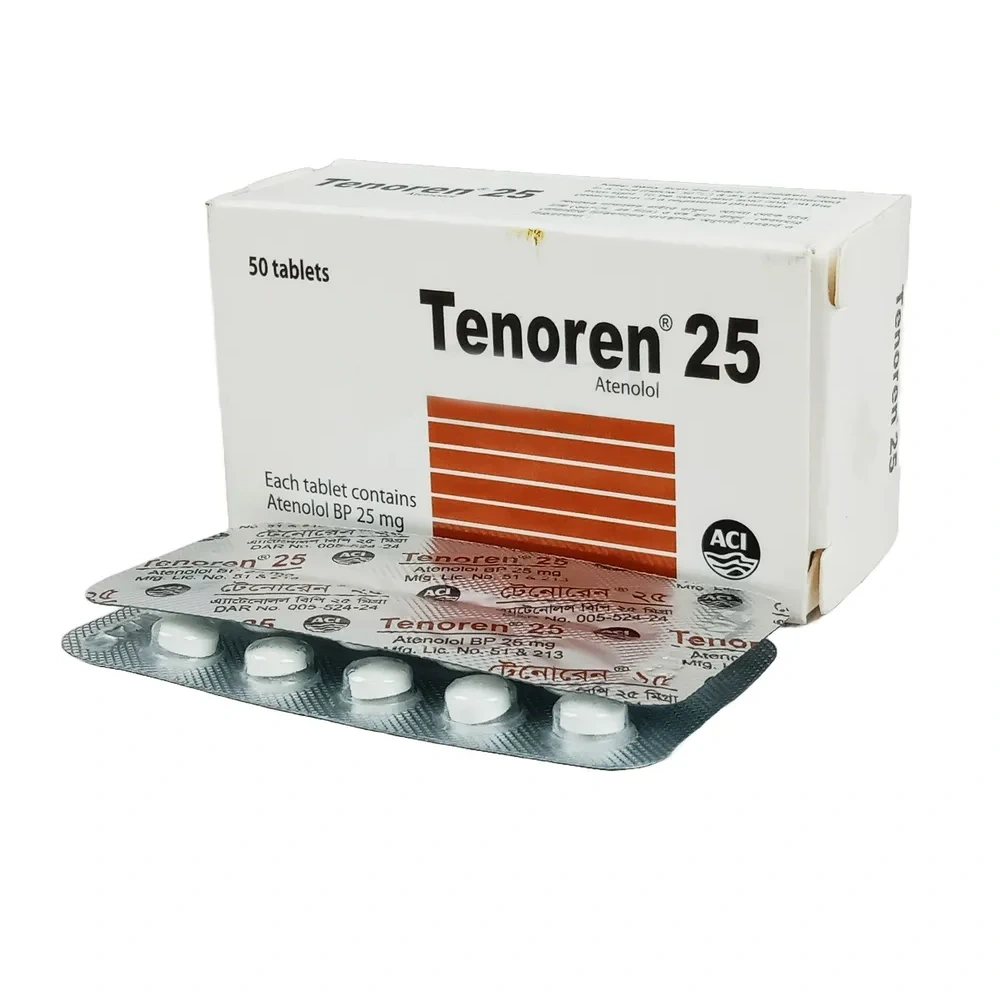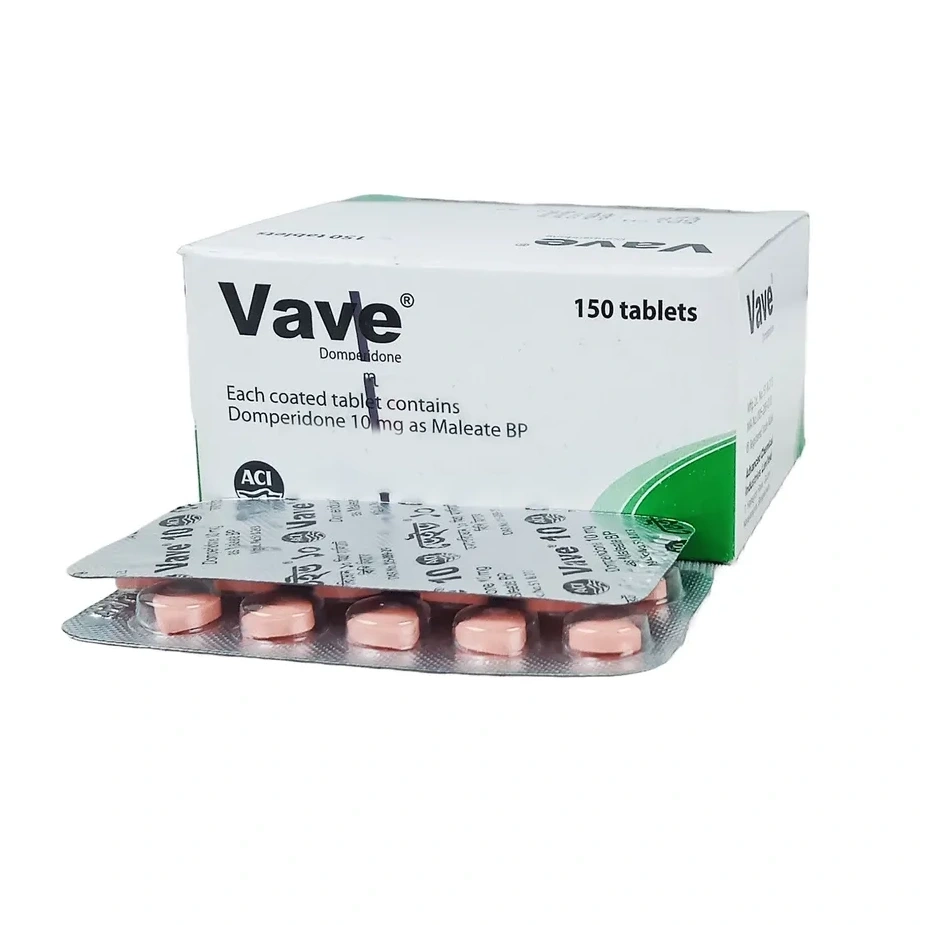Medicine Overview of Nebactil 300mg/5ml Powder for Suspension
Nebactil is an antibiotic, used in the treatment of bacterial infections. It is also used in treating infections of the urinary tract, nose, throat, skin and soft tissues and lungs (pneumonia). It cures the infection by stopping the further growth of the causative microorganisms.
Nebactil should be used in the dose and duration as advised by your doctor. It may be taken with or without food, preferably at a fixed time. Avoid skipping any doses and finish the full course of treatment even if you feel better. Do not take a double dose to make up for a missed dose. Simply take the next dose as planned.
You may experience nausea as a side effect of this medicine. This is usually temporary and resolves on its own, but please consult your doctor if it bothers you or persists for a longer duration. Diarrhea may also occur as a side effect but should stop when your course is complete. Inform your doctor if it does not stop or if you find blood in your stools.
You should not take this medicine if you are allergic to any of its ingredients. Rarely, some people may have a severe allergic reaction which needs urgent medical attention. Signs of this include rash, swelling of the lips, tongue or face, shortness of breath or breathing problems. Special care should be taken in people with kidney problems while taking this medicine.
- Bacterial infections
- Nausea
- Diarrhea
-
Your doctor has prescribed Nebactil to cure your infection and improve symptoms.
-
Do not skip any doses and finish the full course of treatment even if you feel better.
-
Discontinue Nebactil and inform your doctor immediately if you get a rash, itchy skin, swelling of face and mouth, or have difficulty in breathing.
-
Diarrhea may occur as a side effect but should stop when your course is complete. Inform your doctor if it doesn’t stop or if you find blood in your stools.
-
Notify your doctor if you feel pain in your tendons, numbness, or tingling sensations.
-
Inform your doctor if you are pregnant or planning to conceive or breastfeeding.
Oral
Uncomplicated lower urinary tract infections
Adult: 1 g 4 times daily for 1-2 wk. Long-term therapy: Reduce daily dose to 2 g.
Shigellosis
Adult: 1 g 4 times daily for 5 days.
Hepatic impairment: Reduced doses should be considered.
Oral
Uncomplicated lower urinary tract infections
Child: >3 mth: 50 mg/kg daily in 4 equally divided doses. Long-term therapy: Reduce dose to 30 mg/kg daily. Prophylaxis: 15 mg/kg bid.
Shigellosis
Child: >3 mth: 15 mg/kg 4 times daily for 5 days.
Hypersensitivity. History of convulsive disorders or porphyria. Infants <3 mth. Severe renal impairment.
Hepatic or moderate renal impairment, severe cerebral arteriosclerosis, G6PD deficiency. Monitor blood counts, renal and hepatic function for treatment >2 wk. Children <18 yr. Elderly. Avoid exposure to sunlight or sunlamps. Pregnancy and lactation.
Nausea, vomiting, diarrhoea, abdominal pain; photosensitivity reactions, allergic rash, urticaria, pruritus; visual disturbances, headache, dizziness or vertigo, drowsiness, confusion, depression, excitement, hallucinations, toxic psychoses or convulsions (especially after large doses), intracranial hypertension (especially in infants and young children), metabolic acidosis; peripheral neuropathies, muscular weakness, myalgia; arthralgia, tendon damage; cholestatic jaundice, thrombocytopenia, leucopenia.
Potentially Fatal: Erythema multiforme and Stevens-Johnson syndrome; anaphylactoid reactions. Auto-immune haemolytic anaemia (particularly in elderly patients).
Absorption reduced by sucralfate, and divalent and trivalent cations e.g. aluminium, calcium, iron, magnesium, zinc. Excretion reduced and plasma concentrations increased with probenecid. Reduced effects with chloramphenicol, nitrofurantoin, tetracycline.
Potentially Fatal: Fatal haemorrhagic enterocolitis may occur when used with high-dose melphalan in children. Increased risk of nephrotoxicity with ciclosporin. May increase effects of oral anticoagulants e.g. warfarin.
